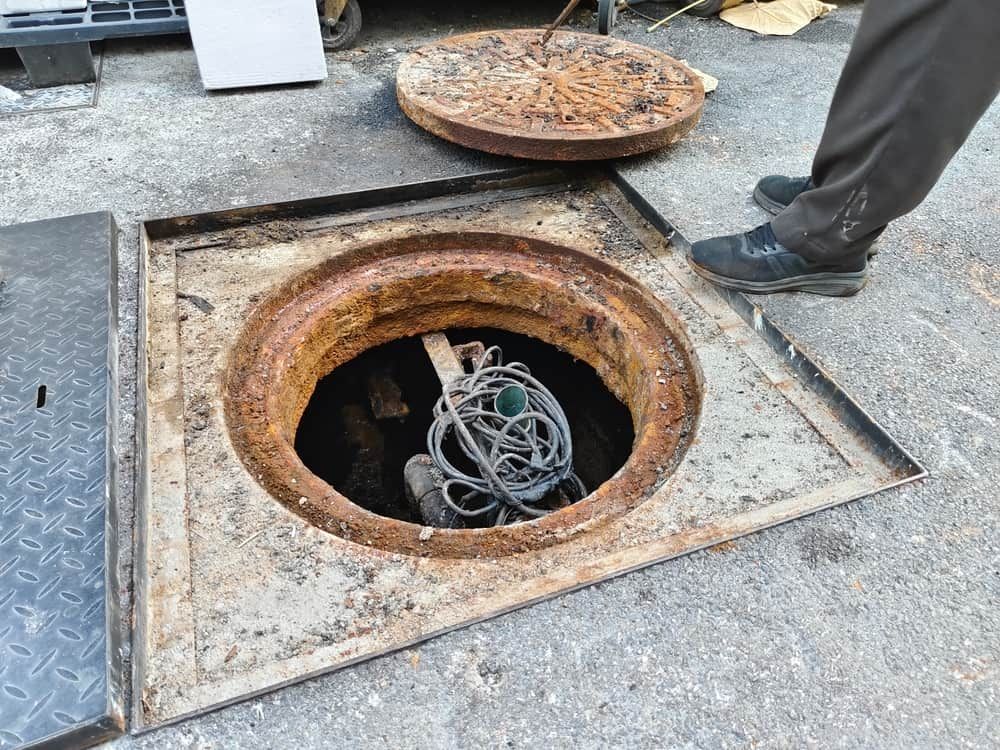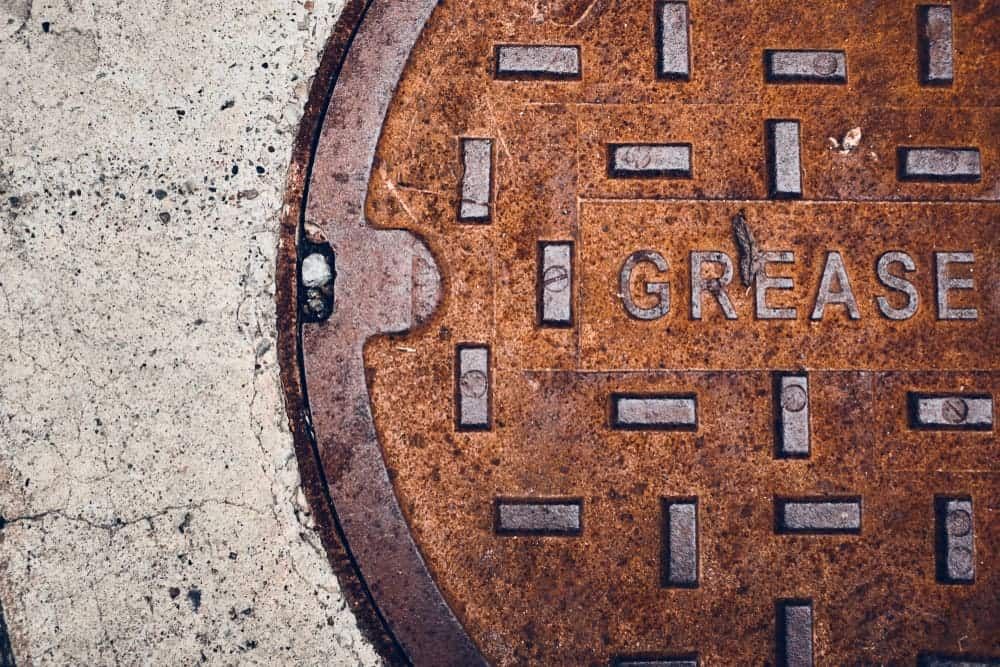Grease Trap Cleaning on the Mid North Coast
- Over 25 Years of Local Experience
- 24/7 Emergency Waste Services
- EPA Licensed & Council Approved
Mid North Coast Grease Trap Cleaning
Grease traps do the heavy lifting in commercial kitchens — catching fats, oils, and solids before they clog your plumbing. But when they’re not cleaned regularly, they quickly become a messy, smelly problem. At Tony Gordon Septic Tank & Grease Trap Cleaning, based in Newee Creek, we help cafes, restaurants, food outlets, and facilities across the Mid North Coast stay compliant and hygienic with fast, professional grease trap cleaning services.
Overflowing grease traps can lead to unpleasant odours, blocked pipes, environmental hazards, and costly council fines. Our team uses specialised equipment to fully pump out, clean, and inspect your trap, leaving it clean, functional, and free from build-up.
Book in today by calling
02 6568 1752 for dependable service and a cleaner, safer kitchen.
Supporting Local Kitchens & Hospitality Venues
In busy commercial kitchens, grease traps fill up fast. If left unchecked, grease solidifies and causes blockages, backups, or foul smells that can disrupt service and turn customers away. A clean trap is essential for smooth kitchen operations, and many councils even require regular cleaning to meet health regulations.
Grease trap servicing involves more than just pumping out waste. It includes checking inlet and outlet flow, removing stubborn solids, and properly disposing of waste in line with EPA and council guidelines. Our service helps reduce odour, improve system performance, and extend the life of your pipes and plumbing.
If you’re running a hospitality business on the Mid North Coast, regular grease trap cleaning isn’t just good practice — it’s essential for compliance and cleanliness. We make it quick, easy, and hassle-free.
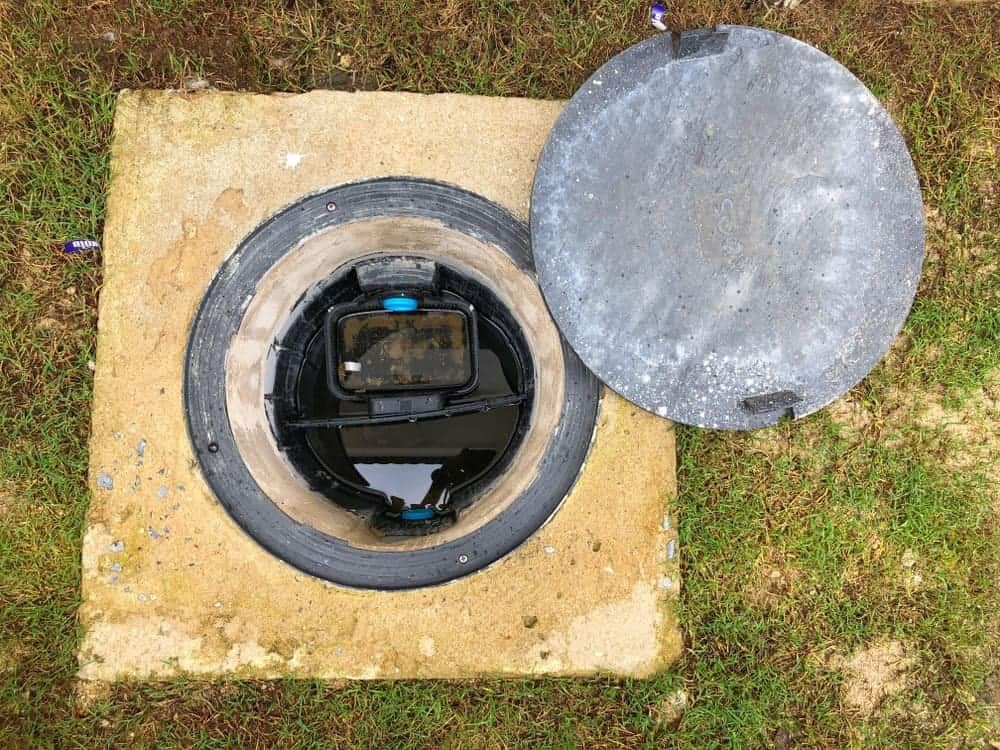
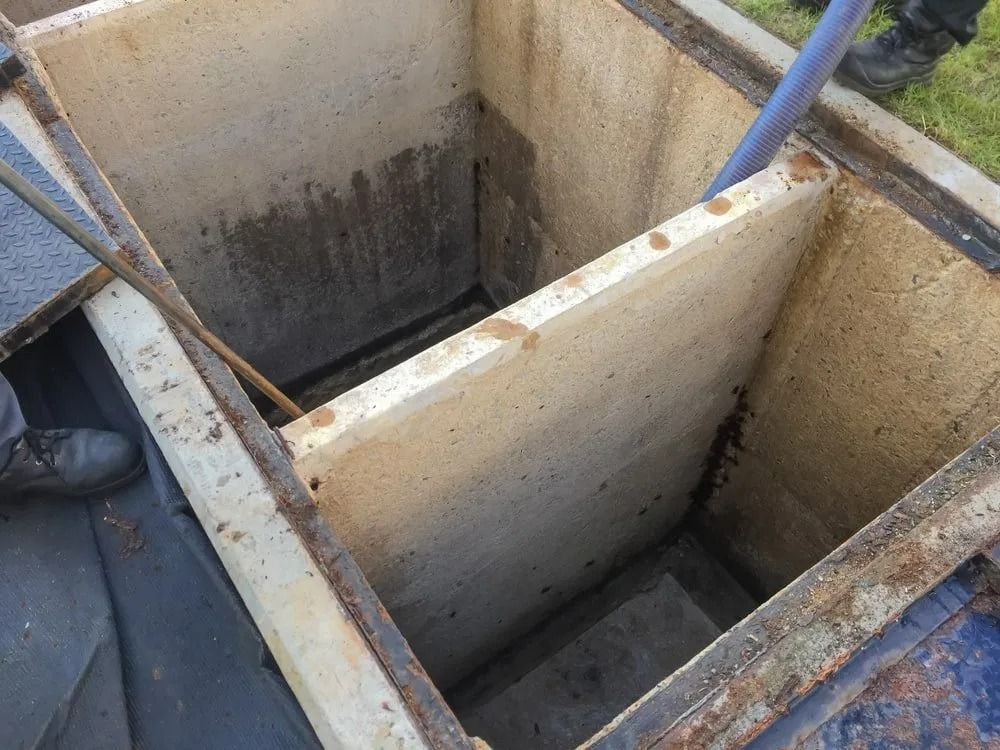
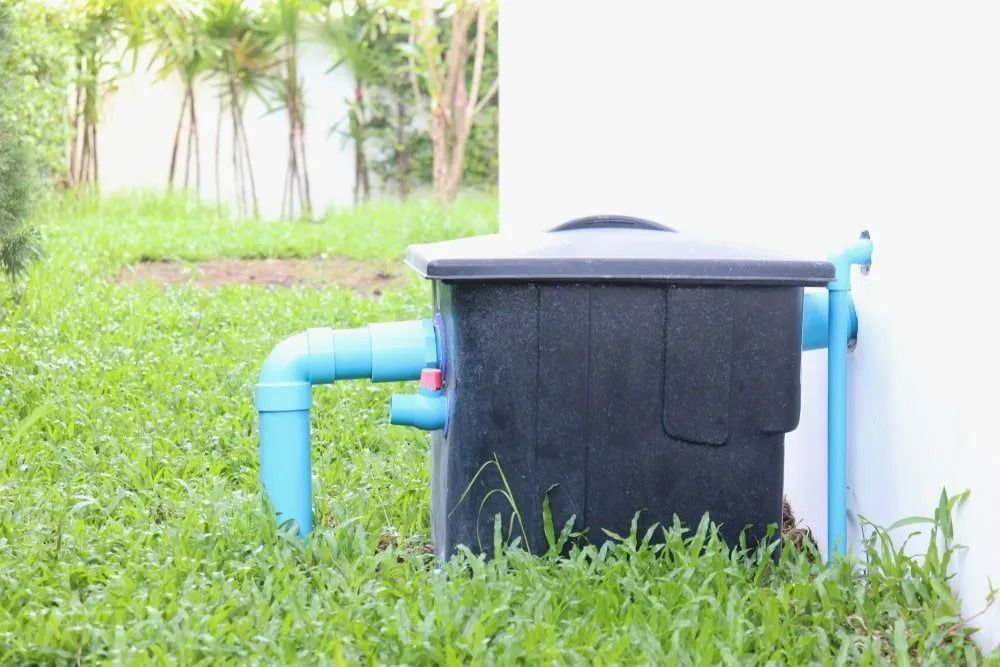
Frequently Asked Questions
How often should a grease trap be cleaned?
Grease traps should generally be cleaned every 1 to 3 months, depending on the size of the trap and the volume of food being prepared. High-traffic kitchens, like those in restaurants or takeaway shops, may require more frequent cleaning to stay compliant with council regulations and avoid blockages. Regular servicing helps prevent costly plumbing issues and ensures your business remains hygienic and operational.
What happens if you don’t clean a grease trap?
When a grease trap isn’t cleaned, grease and food particles build up and begin to solidify, blocking flow and releasing foul odours. This can lead to drain backups, health code violations, and expensive plumbing repairs. Over time, the grease can even corrode pipes or overflow into the wastewater system, which is illegal in most areas.
How is a grease trap cleaned?
A technician uses a vacuum pump to remove the waste from the trap, followed by scraping and rinsing to eliminate grease and solidified sludge. The trap is then inspected for signs of wear or blockage, and the collected waste is disposed of at a licensed facility. This process helps restore proper flow and ensures the system operates efficiently.
